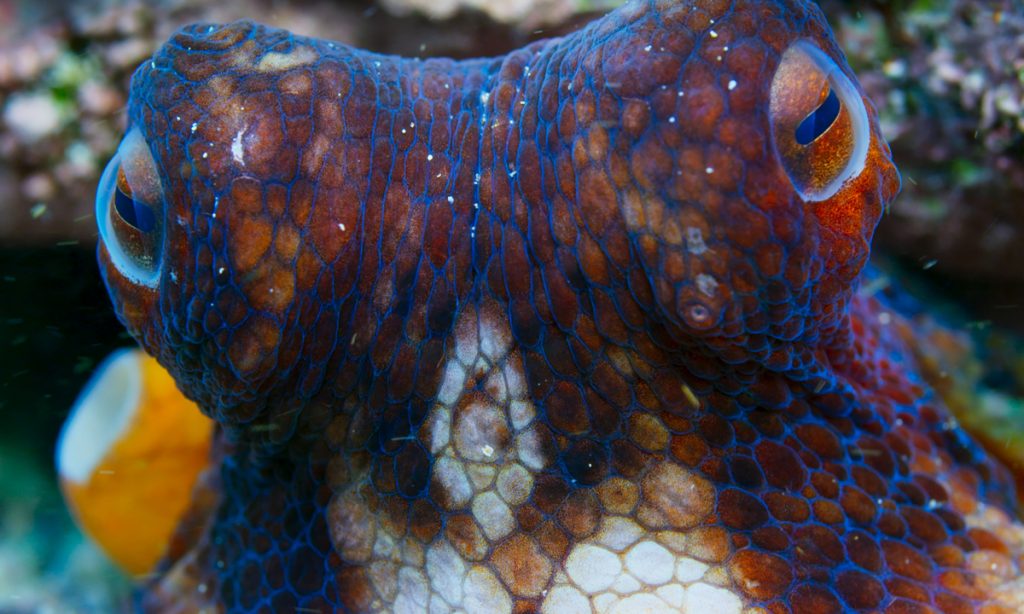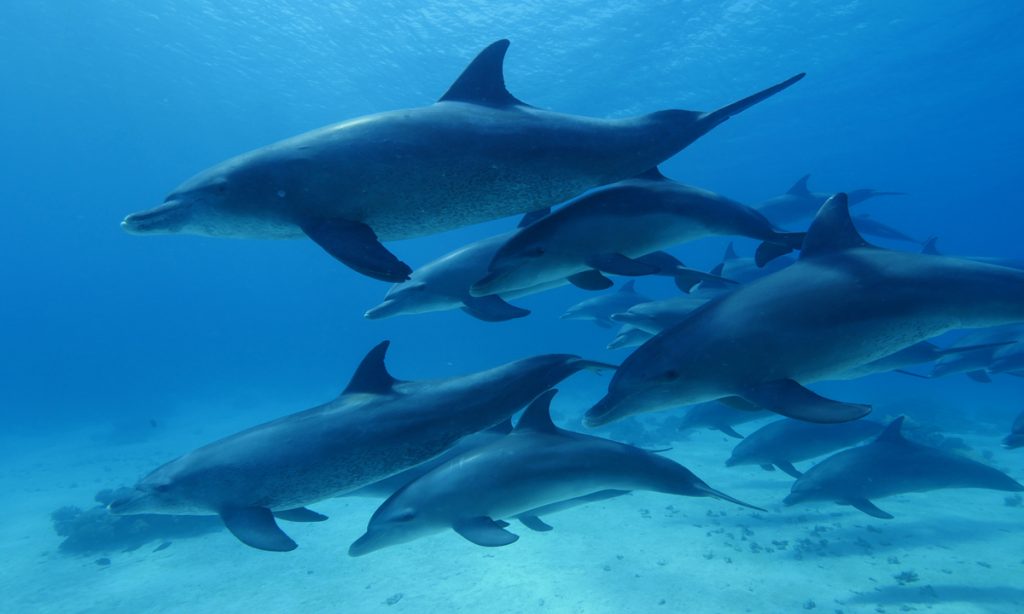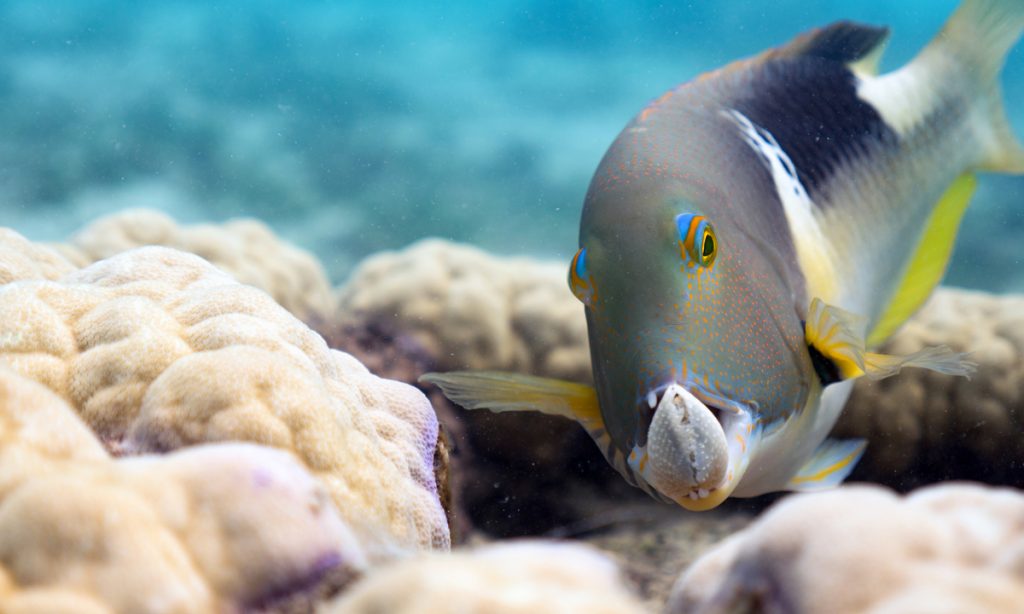
While the ocean takes up most of our planet, the vast majority of this underwater world remains a mystery to humans. Every year, scientists discover thousands of incredible, and sometimes alien-like marine species, but there is still so much we’ve never laid eyes on.
Famed hedge fund founder Ray Dalio and his son Mark have been trying to solve this problem with the launch of Ocean X, a daring new initiative aimed at exploring never-before-seen parts of the ocean — echoing the ambitions of entrepreneurs like Elon Musk and Jeff Bezos to learn more about space.
“I believe that ocean exploration is more exciting and important than space exploration,” said Ocean X founder Ray Dalio in a statement, reiterating a long-standing belief of marine researchers.

He may be right. According to the National Oceanic and Atmospheric Administration, 95 percent of the ocean remains unexplored today, which is incredible given how much we rely on it — in fact, the ocean affects everything from food and travel to health and climate.
But so far, exploring the ocean in the same way we’ve explored space has been a challenge. We still can’t access the farthest reaches of the ocean and creatures that live at great depths don’t always survive once they make it to land. And, unlike the vivid images of other planets that have captured our imaginations, life deep below the surface can appear dark and unexciting.
Ocean X hopes to change that by getting people inspired and excited about the ocean through deep, immersive storytelling aided by advanced science and media technology. Working together with filmmaker James Cameron and a global team of researchers, media professionals and philanthropists, their goal is to uncover the secrets of the ocean and create content for audiences around the world.

Dalio’s team is no stranger to boldly going where few have gone before. Researchers aboard their 56-meter-long research vessel, the Alucia, captured the first ever footage of the elusive Giant squid off Japan’s Ogasawara Islands and took a team from BBC’s Blue Planet II 1,000 meters below the surface of Antarctica’s ocean — further than any other human has ever gone.
For the new initiative, they’ve worked with Cameron to design a new home base: the Alucia2. The high-tech motor vessel featuring marine research labs, highly-advanced production and media centers, along with a fleet of deep-sea submersibles, helicopters, and drones.
The potential for discovering new species and landscapes should be exciting for all fans of the ocean.




